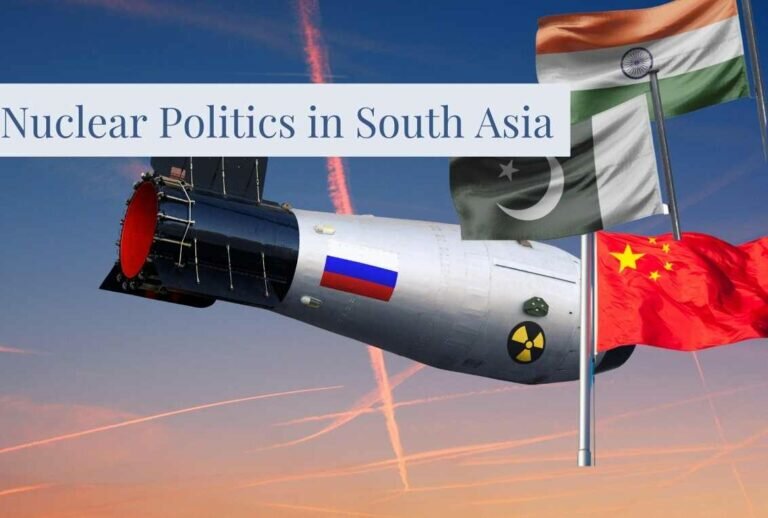Reasons for Economic Sanctions | Do They Work?
When a conflict takes place globally we often hear announcements of economic sanctions by world economic powers. But I’m sure you must have curious about why they are applied. What are the reasons for economic sanctions? Who can Impose these sanctions? What are its kinds? What is the process of imposing restrictions by major powers the EU, the USA, and the UN? In this article, we will discuss them thoroughly. So without any further delay, let’s analyze it.
What are Economic Sanctions?
An economic sanction is actually a trade or financial embargo imposed by one country or many countries, which is imposed owing to violating an international rule. Usually, it is because of human rights abuses, racial discrimination, initiating a war, or advocating an extremist group. Sanctions are applied not only against any nation but also can be against a group, company, or even an individual. The apparent objective of these sanctions is to compel them to alter their behavior.
Recently after the Ukraine-Russia war, we heard about sanctions on Russia by the USA and EU. It was to keep Russia stay out of war. Iran has been facing these sanctions because of its nuclear program for decades.
Also Read: Is the UN really Successful?

Who can Impose Economic Sanctions?
Practically, any country can put economic sanctions against any country. However, generally, world organizations and powers impose these sanctions. It includes the United Nations, the USA, China, Russia, and the EU. If one country imposes a sanction on any other country, it is called unilateral. Moreover, if more than one countries impose these sanctions, it would be called multilateral economic sanctions.
Kinds of Economic Sanctions
There are many types of economic sanctions like travel restrictions, denying the entry of other countries’ citizens, closing the airspace, trade embargoes, imports and exports sanctions, imposing heavy tariffs on goods, and freezing assets in its own country.
The Process of imposing Sanctions by the EU, US, and the UN
EU: The EU (European Union) is an alliance of 27 wealthy and extremely powerful countries. It responds to provocation by countries in form of economic sanctions. They claim it at least. This is what they use as a weapon. The EU members decide to impose sanctions collectively. Moreover, the Council of EU gives its final verdict. Since it has been established, it has used this weapon almost 30 times. Its targeted countries are North Korea, Iraq, China, Russia, and even the USA so far.
Also Read: Nuclear politics in South Asia
USA: In the USA, both president and Congress decide collectively to impose economic sanctions. President uses this authority through an executive order, mostly. While, Congress also can pass bills for sanctions against any country, but in that case also, the final verdict is given by the President of the USA. The USA has imposed sanctions against Iran, China, Russia, India, and Pakistan many times. In the USA, the Treasury department deals with these sanctions. Currently, more than two dozen programs in the USA are active against groups and nations in the USA. In 2021, the USA froze assets of 7 billion$ after the Taliban took over Afghanistan.
United Nations: In order to impose sanctions a majority of 15 member states of the UN Security Council must approve this decision. But, here 5 are the permanent members of the UNSC who have veto power. Recently, the United States presented a resolution to stress more sanctions on North Korea. But, China and Russia used their veto powers and restrained the USA from doing it. However, 13 out of 15 members of the UNSC were in favor of this resolution. So far, the UN has imposed sanctions on Iraq, Al-Qaeda, Iran, and the Taliban.
Reasons for Economic purposes
1. National Interest
The main purpose of imposing sanctions is to protect its national interest. Moreover, they are the weapon of its foreign policy. They use these sanctions to control the disturbing peace and order at the national and global levels. EU and the USA claim these reasons for imposing restrictions on Iran. Russia has also used this weapon against Ukraine to prevent it from entering West Bloc by restraining it to join NATO and the EU. Because of this, Russia cut its gas supply also.
2. Regime Change
Furthermore, sanctions are also imposed to change the domestic policy or government of a country. Its best example is the Anti-Apartheid Act of 1986. Through this act, the US Congress imposed severe economic sanctions on South Africa. Its objective was to end racial discrimination in South Africa by its government. In these sanctions, the USA put five conditions. These included the release of Nelson Mandela and other prisoners. Apparently, it was successful when the world saw the dismantling apartheid system in 1990 when Nelson Mandela got released.
In fact, these sanctions are non-military weapons. It is an alternative to war by weapons. Its best example is the Suez Canal Crisis in 1956. The USA threatened to impose sanctions against Israel, Britain, and France and they had to withdraw from an apparently won war against Egypt. The imposed sanctions on Iran by the UN to restrain it from executing its nuclear program is also an example.
Also Read: Iran protests 2022 – Timeline Expalined
3. To gain an Advantage in Global Market
Sometimes, economic sanctions are imposed to gain and maintain a competitive advantage in the global market. Its best example is the 1973 oil embargo imposed by OPEC. OPEC members cut oil supply to the EU and the US. The purpose of this oil embargo was to punish those countries who were supporting Israel in the Arab-Israel war. Furthermore, the other purpose was to take their own advantage in the global oil market.







